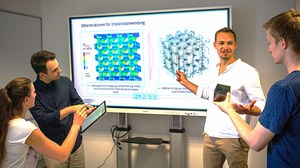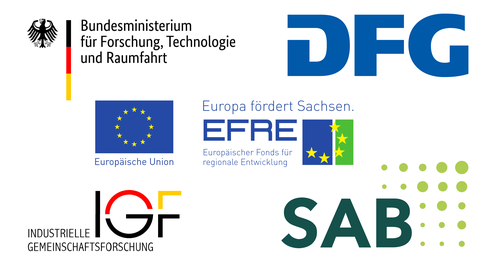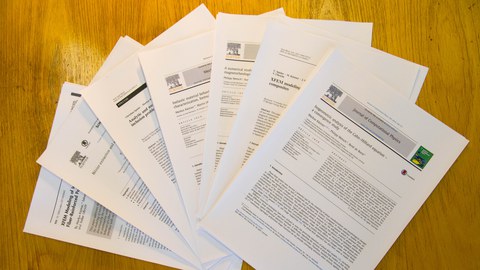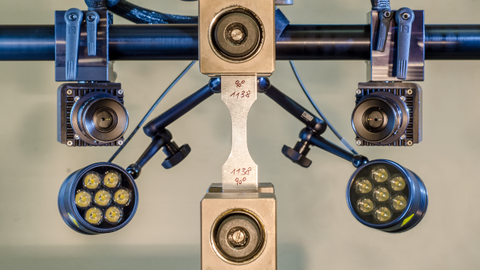Integrated process, material, and structural analysis
Our research focuses on the development and application of efficient data-based methods for analyzing the complex process-structure-property relationships in modern materials and structural components. AI-based approaches integrate experimental data with results of high-performance simulations.
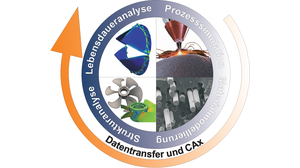 © TUD/NEFM
© TUD/NEFM
Competences in Research
The Chair's core research areas are as follows:
Data-driven process, material and structural analysis
- Microstructure characterization and reconstruction
- Description of process-structure-property (PSE) relationships
- Exploration of PSE relationships and inverse materials design
- Virtual sensing and classification for load and stress determination
- Digital twins for condition-based maintenance
Development of data- and model-based simulation methods
- Physics-augmented neural networks for material modeling
- Data-driven multi-scale simulations with automatic sampling
- Phase-field modeling of crack propagation and structural evolution processes
- Modeling of coupled field problems
Experimental characterization and modeling of material behavior
- Damage and failure behavior of additively manufactured materials
- Process-induced influence on material service life
- Inelastic, strain rate-dependent material behavior of polymers
- Damage behavior of fiber-reinforced composites
- Magnetosensitive elastomers and fluids
- Experimental validation of material models
Details of our activities can be found in the research projects section.

